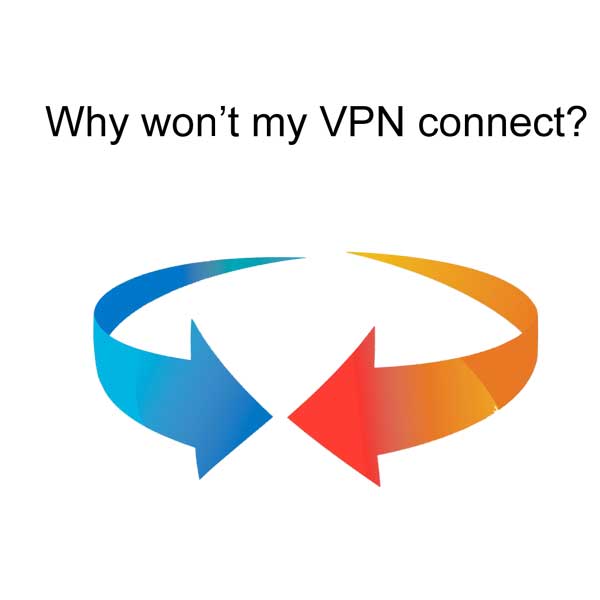What is VPN for Crypto?
Crypto VPNs are virtual private networks that assist Web3 users in protecting their cryptocurrencies, NFTs, and other digital assets. They encrypt internet traffic and mask sensitive user information, which makes it more difficult for cybercriminals to enact hacking and phishing attacks and steal a user’s digital assets.
Is VPN for Crypto Necessary?
Simply put, yes, using a VPN for crypto is necessary for anyone involved with Web3. These networks help patch over some of the vulnerabilities that are inherent in blockchain technology and limit the ability to track transactions and trace them back to individual users. Without a blockchain VPN, it is technically possible for hackers, internet service providers, and other entities to trace a crypto wallet’s address to a real IP address and user identity, steal data through phishing scams, and even mount cryptojacking attacks by installing malware on a user’s device that helps cybercriminals illegally mine coins.
There are many reasons why using VPN for crypto is useful for both beginner and advanced users. These benefits stem from the fact that VPNs redirect all of a user’s internet traffic through anonymous servers and shield any of the user’s identifying data. Here are a few of the main reasons to consider using a crypto VPN.
Open up the world of trading
Regulations around cryptocurrencies and other digital assets depend on local laws, and as such, these can differ greatly between different countries. Some countries, such as China, Nepal, and Ecuador, completely prohibit crypto trading. Others might simply block access to particular crypto exchanges—the US, for example, forbids trading on Binance. Even if crypto is legal, some exchanges offer a different selection of services based on a user’s location. However, because VPNs can redirect IP addresses to different locations, using VPNs for crypto means that it is possible to trade assets from wherever the user is located.
Encrypt Online Traffic
Although crypto trades are supposed to be anonymous—in theory, they are only linked to a crypto wallet address—the reality is that it is possible to trace crypto trades to IP addresses. This leaves users very vulnerable to hacking. But, because VPNs can encrypt all traffic—and mask a user’s real IP address—using a VPN for trading crypto offers a higher level of security to protect users’ assets.
Avoid Phishing Attacks
Phishing attacks—where hackers use fraudulent emails or phone calls from a trusted company to steal a user’s data, such as passwords or credit card information—are increasingly being used to target crypto wallets and steal digital assets.
Avoid Being Tracked by an ISP
Internet service providers (ISPs) can technically track and log all online traffic that goes through their systems. While ISPs might not be able to access every detail of a user’s crypto trading activities, they can, at the very least, see what exchange they access and how much data was used on the site. But, because VPNs for blockchain encrypt crypto trades and all other data, the only thing an ISP will see is the VPN server’s IP address. In addition, advanced crypto users may use a lot of data to execute trades, which could cause ISPs to throttle their connections. A crypto VPN masks where a user is spending their data and, therefore, cannot target high-volume crypto traders.
Bypass Firewalls
Frequent crypto traders may need to be able to manage their assets at any time and from any place. However, some institutions—such as companies and schools—may block any crypto sites, such as exchanges, with firewalls. VPN crypto trading means firewalls are no longer an issue—because VPNs mask a user’s IP address, they also bypass firewalls. As such, crypto traders can respond to the often-volatile crypto prices and protect their financial position.
Protect Digital Assets with Crypto VPN
No matter how many digital assets a crypto user may own or how often they execute transactions, anyone that deals with blockchains and cryptocurrencies can benefit from using a VPN for crypto. Virtual private networks offer an additional layer of security that assist crypto owners in protecting their assets from hacking, phishing, and even monitoring from other users and institutions. By encrypting data, rerouting traffic through servers located in different countries, and masking real IP addresses, blockchain VPNs offer extra security for anyone involved in Web3.









